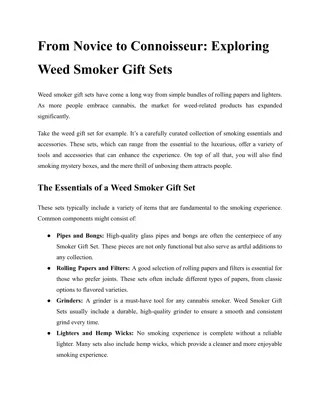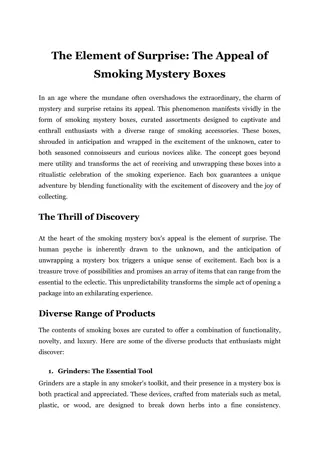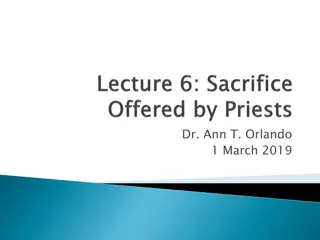Voices, documents and a mystery
The intertwining histories of Cuba, Haiti, and Africa are explored through the impacts of sugar production, wars for freedom, and mysterious rumours of pork shortages. This narrative delves into the complexities of colonial dynamics, slave rebellion, and cultural influences that shaped these nations.
Download Presentation

Please find below an Image/Link to download the presentation.
The content on the website is provided AS IS for your information and personal use only. It may not be sold, licensed, or shared on other websites without obtaining consent from the author.If you encounter any issues during the download, it is possible that the publisher has removed the file from their server.
You are allowed to download the files provided on this website for personal or commercial use, subject to the condition that they are used lawfully. All files are the property of their respective owners.
The content on the website is provided AS IS for your information and personal use only. It may not be sold, licensed, or shared on other websites without obtaining consent from the author.
E N D
Presentation Transcript
Voices, documents and a mystery
Make a sentence or two (at the most) that uses these words and makes an argument about Cuban history. Cuba, Haiti, Africa, Sugar, War, Freedom, Pork, Rumours, Ships
1. Ships from Africa brought slaves to Cuba and haiti, whence rumours of pork shortage sparked the slaves fought for freedom through guerrilla wars because the masters abused them in sugar plantations. 2. In Cuba, the constant arrival of slave ships from Africa for the production of sugar in addition to the unease from neighboring Haiti, then fighting a war for freedom , sparked curious rumors and the elite s accusations of pork stealing. Rumour has it; Cuba s freedom is constantly under threat from Haiti, African slaves with their voodoo pork rituals, and British war ships. It also has sugar.
Much of Cubas history is affected by African Slaves in the sugar plantations/trade. With the Haitian War of Independence resulting the freedom of slaves, simple rumours around pork shortages and rituals resulted in mass panic with the arrival of slave ships. African war and ships brought slaves to Haiti. The rumours of pork shortage and slave freedom moved the sugar trade to Cuba. Slaves shipped from Africa fighting for freedom in Haiti sparked rumours (as pork disappeared) that there will be a new war in Cuba as they took over the sugar trade.
The revolution in Haiti impacted Cuba, because the white population feared war and insurrection, as demonstrated by the missing pork rumour, as opposed to through an actual revolutionary uprising for freedom on the part of the slaves; nevertheless, they continued importing more on ships from Africa to increase sugar production. African slave rebellion for freedom in Haiti spurred rumours about slave war at home in Cuba, compounding colonial fears of voodoo worship from pork shortages. This, along with sugar and ship-building industries, shaped Cuban identity and industry in its history.
Slaves from Africa working on sugar plantations in Haiti fought a war for freedom, when there was a pork shortage in Cuba rumours spread of voodoo sacrifices and rebels coming on ships. In the history of Cuba, slave trade from Africa to support the expansion of sugar plantations following the 7 Years War, instigated and uprising in Haitian slaves to fight for freedom; this struggle was reflected in Havana through the appearance of pork shortages, supported by a rumor about the insurgency of religious rituals to instigate slave uprising in Cuba, a fear that was strengthened by the arrival of Haitian ships full of white plantation owners that were escaping to Cuba.
The war in Haiti for freedom by enslaved people whom arrived by ships from Africa led to tension in Cuba. The tension was caused by rumours of ritualistic pig slaughtering which forced sugar plantation owners to restrict the supply of pork.
Sources Ch 1 Cabildo minutes Royal decrees, laws, edicts monographs Memoirs Ch. 2 Letters to captain general Accounts of punishments of slaves Monographs on nature of slave rebellion
Ch. 3 Monographs Notarial archives Ch. 4 Depositions Ch. 5 Correspondence Military commission
Mercedes dressed to sing Bellinis Norma http://www.alinagarcialapuerta.com/who-was-la-belle-creole/























